Nori Bovine FGF7 ELISA Kit
$461.00 – $832.00
This ELISA kit is for quantification of FGF7 in bovine. This is a quick ELISA assay that reduces time to 50% compared to the conventional method, and the entire assay only takes 3 hours. This assay employs the quantitative sandwich enzyme immunoassay technique and uses biotin-streptavidin chemistry to improve the performance of the assays. An antibody specific for FGF7 has been pre-coated onto a microplate. Standards and samples are pipetted into the wells and any FGF7 present is bound by the immobilized antibody. After washing away any unbound substances, a detection antibody specific for FGF7 is added to the wells. Following wash to remove any unbound antibody reagent, a detection reagent is added. After intensive wash a substrate solution is added to the wells and color develops in proportion to the amount of FGF7 bound in the initial step. The color development is stopped, and the intensity of the color is measured.
Alternative names for FGF7: Fibroblast growth factor 7, KGF, FGF5B
This product is for Laboratory Research Use Only not for diagnostic and therapeutic purposes or any other purposes.
- Description
- How Elisa Works
- Product Citation (0)
- Reviews (0)
Description
Nori Bovine FGF7 ELISA Kit Summary
Alternative names for FGF7: Fibroblast growth factor 7, KGF, FGF5B
Alternative names for bovine: cattle, cow, bull
| Assay Type | Solid Phase Sandwich ELISA |
| Format | 96-well Microplate or 96-Well Strip Microplate |
| Method of Detection | Colorimetric |
| Number of Targets Detected | 1 |
| Target Antigen Accession Number | A0A3Q1M3Q3 |
| Assay Length | 3 hours |
| Quantitative/Semiquantitative | Quantitative |
| Sample Type | Plasma, Serum, Cell Culture, Urine, Cell/Tissue Lysates, Synovial Fluid, BAL, |
| Recommended Sample Dilution (Plasma/Serum) | No dilution for sample <ULOQ; sufficient dilution for samples >ULOQ |
| Sensitivity | 6 pg/mL |
| Detection Range | 31.25-2000 pg/mL |
| Specificity | Bovine FGF7 |
| Cross-Reactivity | < 0.5% cross-reactivity observed with available related molecules, < 50% cross-species reactivity observed with species tested. |
| Interference | No significant interference observed with available related molecules |
| Storage/Stability | 4 ºC for up to 6 months |
| Usage | For Laboratory Research Use Only. Not for diagnostic or therapeutic use. |
| Additional Notes | The kit allows for use in multiple experiments. |
Standard Curve
Kit Components
1. Pre-coated 96-well Microplate
2. Biotinylated Detection Antibody
3. Streptavidin-HRP Conjugate
4. Lyophilized Standards
5. TMB One-Step Substrate
6. Stop Solution
7. 20 x PBS
8. Assay Buffer
Other Materials Required but not Provided:
1. Microplate Reader capable of measuring absorption at 450 nm
2. Log-log graph paper or computer and software for ELISA data analysis
3. Precision pipettes (1-1000 µl)
4. Multi-channel pipettes (300 µl)
5. Distilled or deionized water
Protocol Outline
1. Prepare all reagents, samples and standards as instructed in the datasheet.
2. Add 100 µl of Standard or samples to each well and incubate 1 h at RT.
3. Add 100 µl of Working Detection Antibody to each well and incubate 1 h at RT.
4. Add 100 µl of Working Streptavidin-HRP to each well and incubate 20 min at RT.
5. Add 100 µl of Substrate to each well and incubate 5-30 min at RT.
6. Add 50 µl of Stop Solution to each well and read at 450 nm immediately.
Background:
Keratinocyte growth factor is a protein that in humans is encoded by the FGF7 gene.[1,2] An important paralog of this gene is FGF22. The protein encoded by this gene is a member of the fibroblast growth factor (FGF) family. FGF family members possess broad mitogenic and cell survival activities, and are involved in a variety of biological processes, including embryonic development, cell growth, morphogenesis, tissue repair, tumor growth and invasion. This protein is a potent epithelial cell-specific growth factor, whose mitogenic activity is predominantly exhibited in keratinocytes but not in fibroblasts and endothelial cells. Studies of mouse and rat homologs of this gene implicated roles in morphogenesis of epithelium, reepithelialization of wounds, hair development and early lung organogenesis. FGF7 has been shown to interact with Perlecan.[3] Among its related pathways are MAPK signaling pathway and Glioma. FGF7 plays an important role in the regulation of embryonic development, cell proliferation and cell differentiation, and it is required for normal branching morphogenesis. This growth factor is active on keratinocytes and it is a possible major paracrine effector of normal epithelial cell proliferation.
References
- Mattei MG, et al. (1995). Mammalian Genome. 6 (3): 196–7.
- Kelley MJ, et al. (1992). Proceedings of the National Academy of Sciences of the United States of America. 89 (19): 9287–91.
- Mongiat M, et al. (2000). The Journal of Biological Chemistry. 275 (10): 7095–100.
Be the first to review “Nori Bovine FGF7 ELISA Kit”
You must be logged in to post a review.
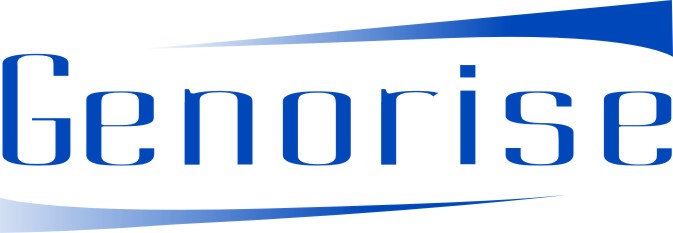






















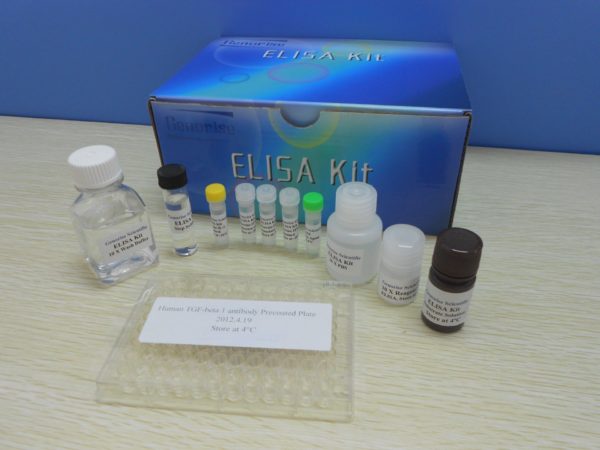
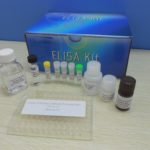

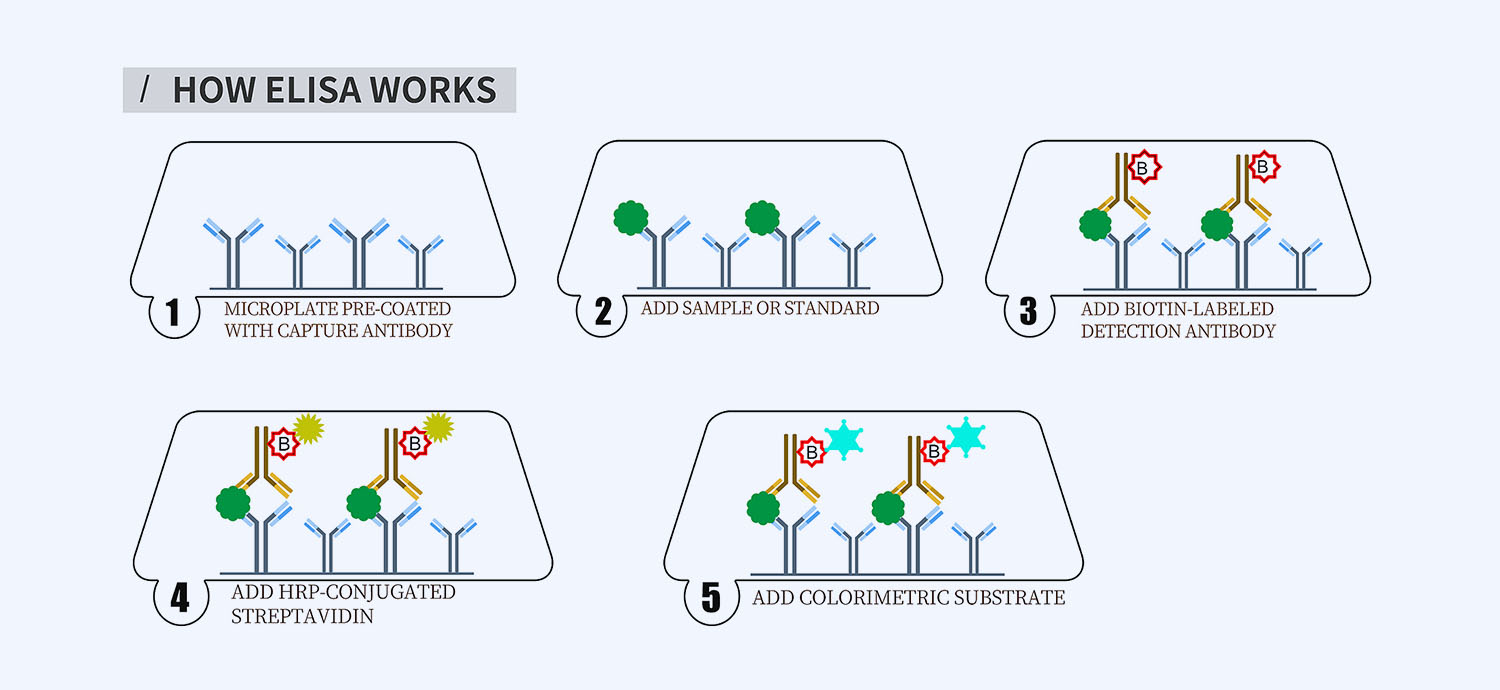
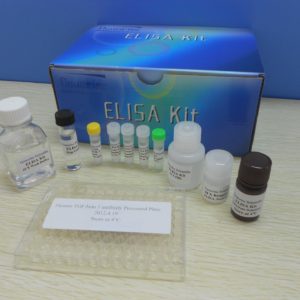

Reviews
There are no reviews yet.